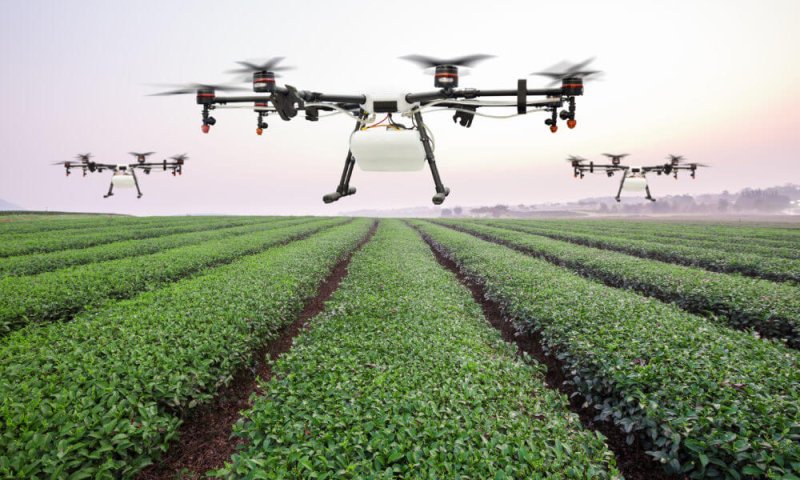China is facing a number of growing pains, but one in particular has proved more taxing than most: How can China feed its rapidly growing population as the land suitable for cultivation disappears?
The country’s agriculture industry has long been rife with inefficiency, but now the government is doing something about it, ploughing billions into agricultural technology, or AgTech, as a means of maximising resources –and a raft of private-sector companies are following this lead…And if China, the world’s biggest agricultural producer, can manage to produce more with less, they can help teach the rest of the planet how to feed itself long into the future.
One of the most recent developments in the AgTech field came earlier this month, when China’s answer to Amazon, Alibaba, launched the ‘ET Agricultural Brain’ –a digital tool that…lets farmers digitally record information about their yields in order to better leverage the entire production cycle, raising efficiency and capacity.
…
[T]he government is also supporting new automation tools for the agriculture sector. This month, Beijing launched a seven-year autonomous agriculture pilot programme in Jiangsu Province to test…unmanned combine harvesters or robotic tractors…[T]he initiative aims to turn tasks that were once done by hand or with heavy machinery – such as pesticide application or irrigation – into a seamless, automated process.Like AI-driven farming technology, automated agriculture could help…improve efficiency, raise yields, and…it will also help make these operations more sustainable.
Read full, original article: China Is Spearheading the Future of Agriculture































